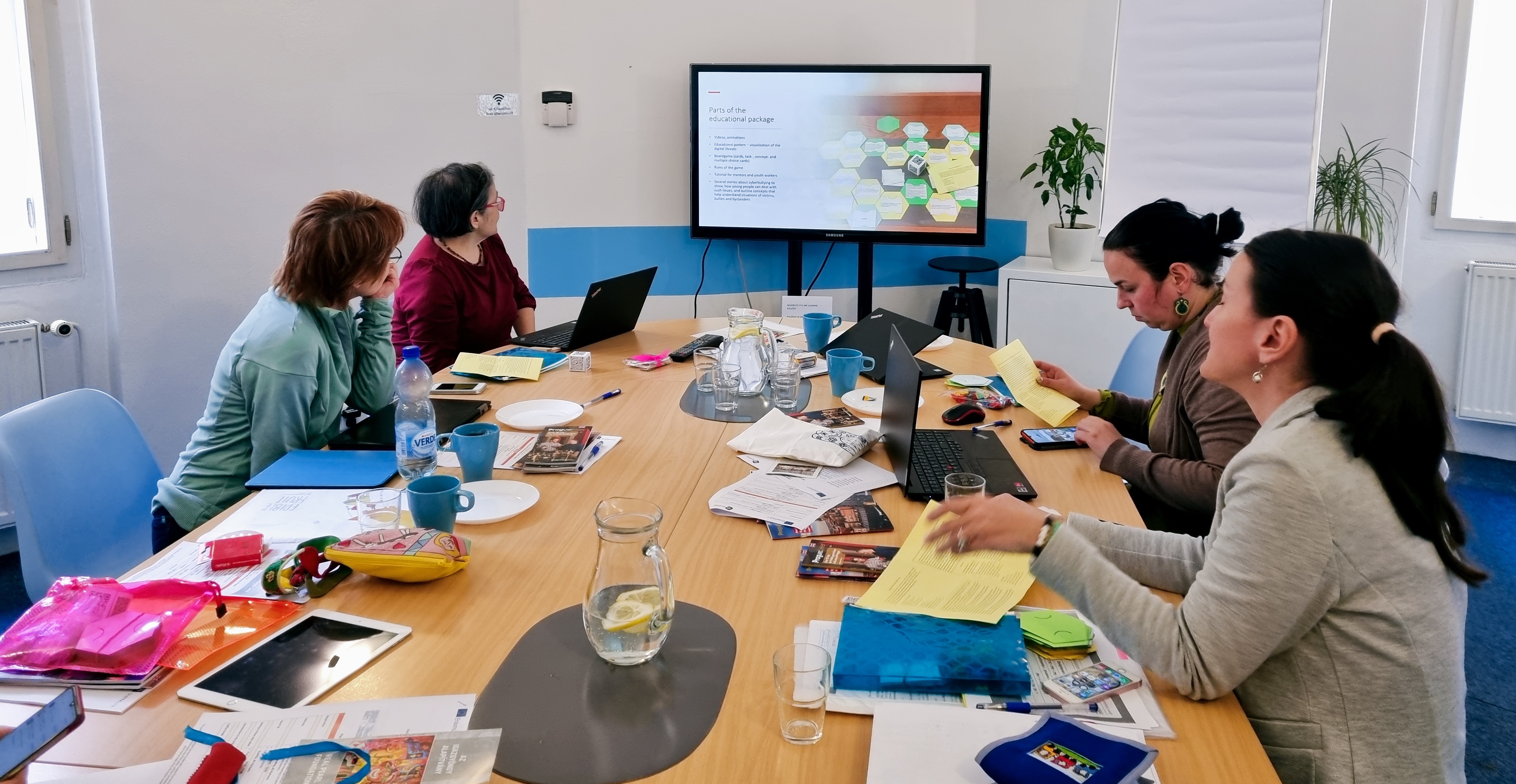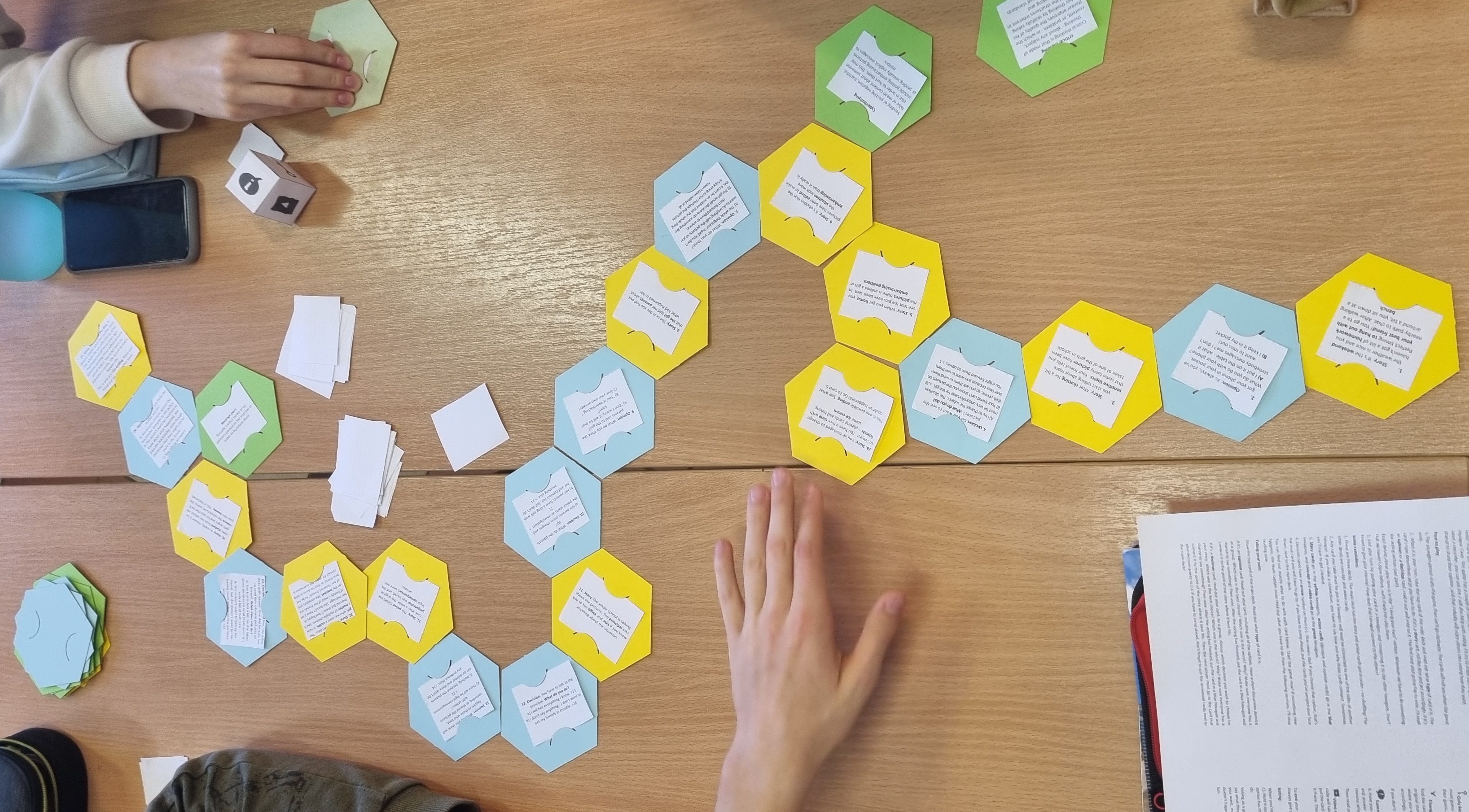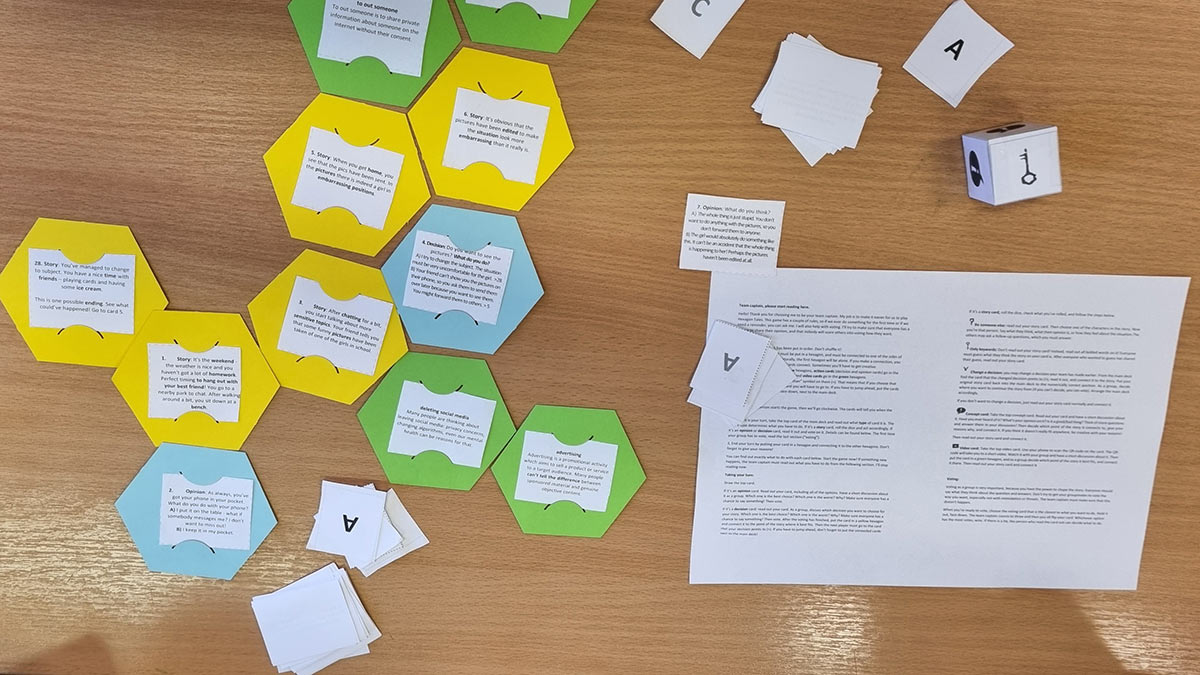Although the phenomenon of cyberbullying is becoming a growing problem among youth and children, yet parents, teachers, youth workers often do not have the knowledge or the necessary tools and methods to deal with it. This is the reason why the DIGEQ consortium collected and developed several educational materials to help parents, teachers, educators and youth workers to handle the situation.
Therefore, the DIGEQ (Digital Intelligence Growth via Emotional Quality of Youth) project aims to support digital knowledge of youth, the growth of digital intelligence and the so-called teaching of emotional skills for young people.
It is a way of preventing bullying and cyberbullying through the exchange of experiences, best practices, training of young trainers through participation and development of curricula for informal education of young people in the field of digital resilience. Project priorities are digital transformation and the growth of digital intelligence using the emotional qualities of young people.
The project partners have actively contributed to the development of several tangible outputs (Best Practice Guide, educational videos and a board game. “Hexagon Tales”) which are based on partners experience and knowledge.
Best Practice Guide is a collection of educational blogs and applications, toolkits, interactive games, articles, videos, quizzes dedicated to safe use of Internet (social media, cyberbullying prevention) and digital active citizenship.
Short educational videos introduce different topics related to cyberbullying, online safety, critical thinking and reading, disinformation, fake news, etc.
Last but not least is the board game “Hexagon Tales” was designed to provide teachers with a tool to explore sensitive topics in the educational environment. The game system can support stories on a wide variety of topics. There is currently one story about cyberbullying, but more stories are planned. But everyone can create their own story if they are interested in it.
The Hexagon Tales intends to provide a deeper understanding of a sensitive topic through a story, under low pressure and in an emotionally safe environment. This is done by making connections between different parts of the story, which makes students think about how certain aspects of the story relate to each other and presenting relevant concepts by linking them to the parts of the story.
Hexagon Tales aims to develop empathy, cooperation, communication skills, language skills; accelerate social responsibility and community; emphasise effective participation in the digital world; facilitate critical thinking and self-knowledge or reflection. Hexagon Tales was developed in an ESL environment but can be used in any field. We encourage everyone to customise it to best suit their needs!
All outputs are currently available in English, Hungarian, Czech and Slovak.
For Hexagon game in your language, please, contact the relevant partner organization.
About the project and consortium
Project DIGEQ is a joint youth concept that supports the safety of children and young people in the online environment, because of the digital transformation of our current era.
Title: DIGEQ – Digital Intelligence growth via Emotional Quality of Youth
No.: 2021-1-SK02-KA210-YOU-000033913
Partners
FUTUREG, Slovakia (the coordinator),
GLAFKA s.r.o., Czech Republic,
FAZEKAS, Hungary,
Disclaimer
The European Commission support for the production of this publication does not constitute endorsement of the contents which reflects the views only of the authors, and the Commission cannot be held responsible for any use which may be made of the information contained therein.
Project outputs have been prepared with the support of the European Commission, within the framework of ERASMUS+ Programme, small-scale partnership.


